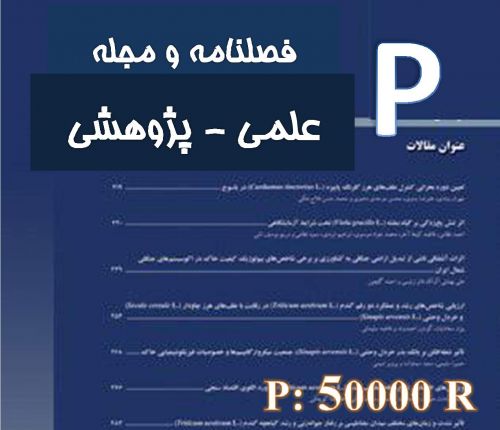ntroduction: This study aimed to investigate the relationship between the activity of behavioral brain systems and resilience with emphasis on the mediating role of metacognitive beliefs. Materials and Methods: The population of this correlational study consist the patients with tension-type headaches who referred to neurology clinics and clinical psychologists in Mashhad city during 2018-2019. Amongst them 300 cases were selected by convenient sampling method. Participants were assessed through research assessment tools including Jackson's Five-Factor Questionnaire, Metacognition Questionnaire (MCQ-30) and Connor and Davidson Resilience Questionnaire. The data analyzed by the descriptive statistics, Pearson correlation method, path analysis, AMOS and SPSS version 22. Results: The findings showed that behavioral brain systems with all three subscales of behavioral inhibition, behavioral activation and FFFS have a direct effect on resilience. (P<0.05), and the two components of the Behavioral Activation System (BAS) and Behavioral Inhibition (BIS) have no direct effect on metacognitive beliefs as a mediating variable, only the FFFS component has a direct negative effect on metacognitive beliefs (P<0.05). Conclusion: According to the results of the present study, there is a positive and significant relationship between behavioral inhibition system and tension headache. Also, brain -behavioral system and resilience through mediating role of cognitive beliefs can impact on patients with tension headaches.
کلید واژگان :Brain behavioral system Metacognitive beliefs Resilience Tension headache
ارزش ریالی : 350000 ریال
با پرداخت الکترونیک
